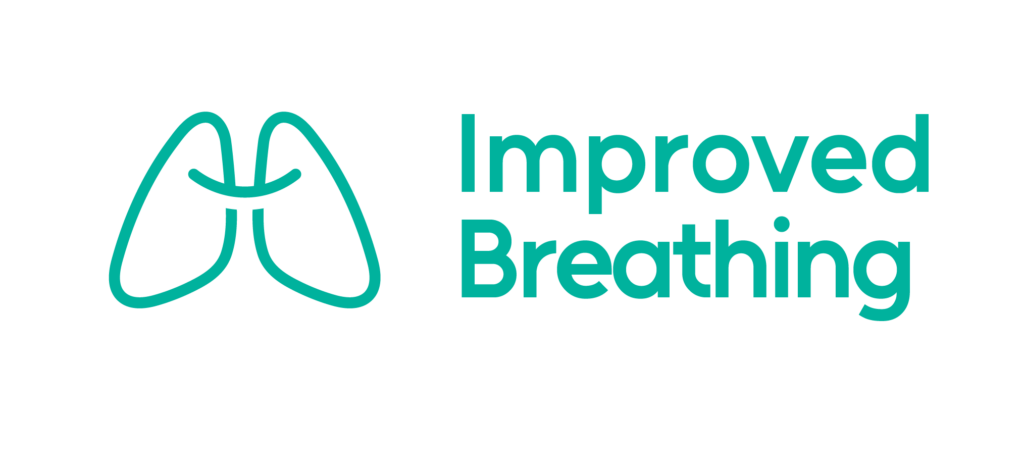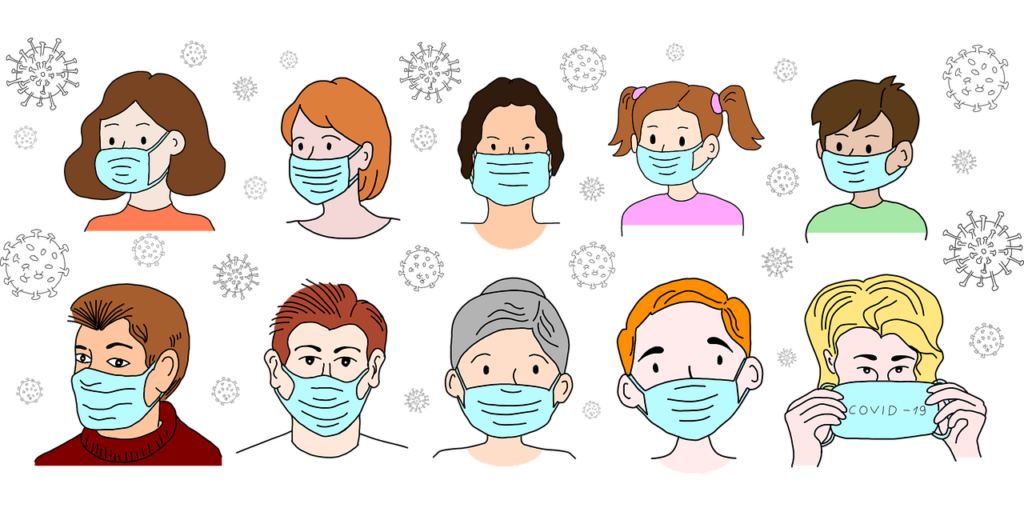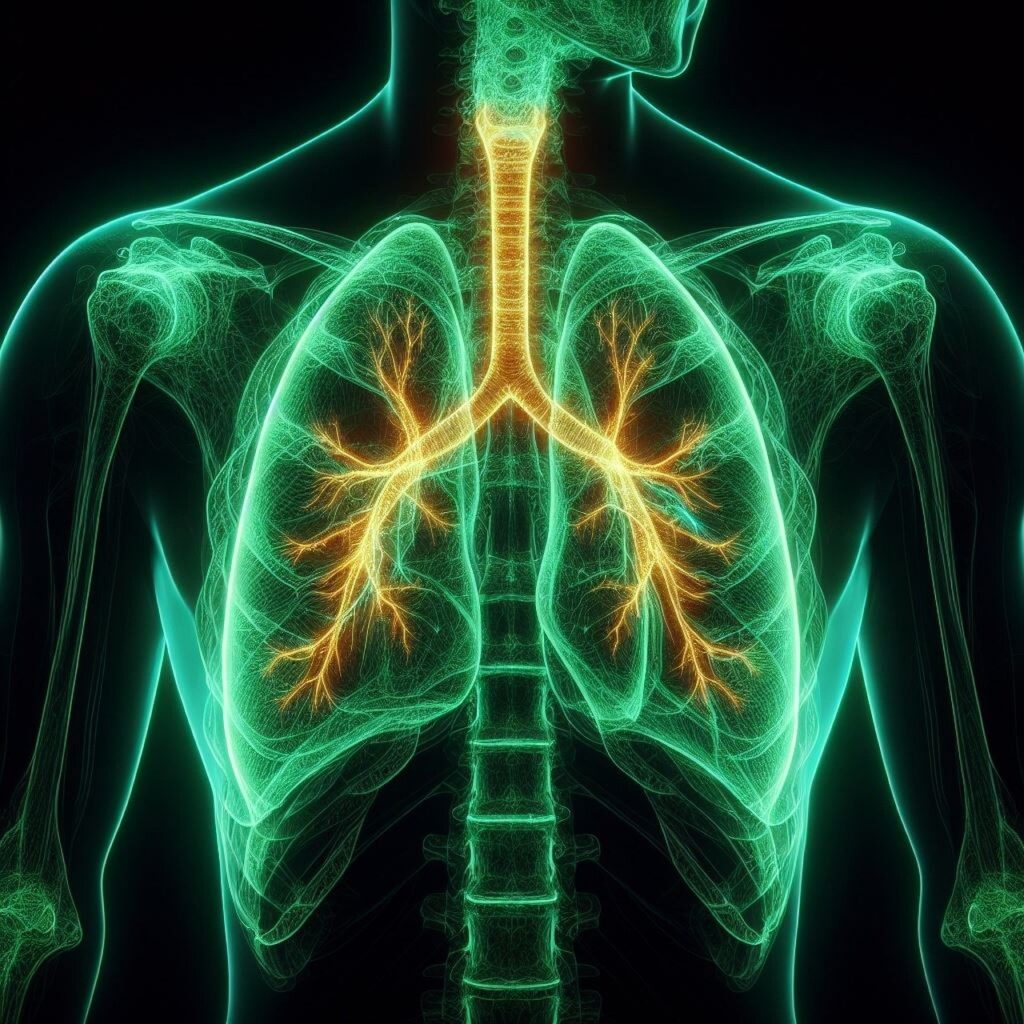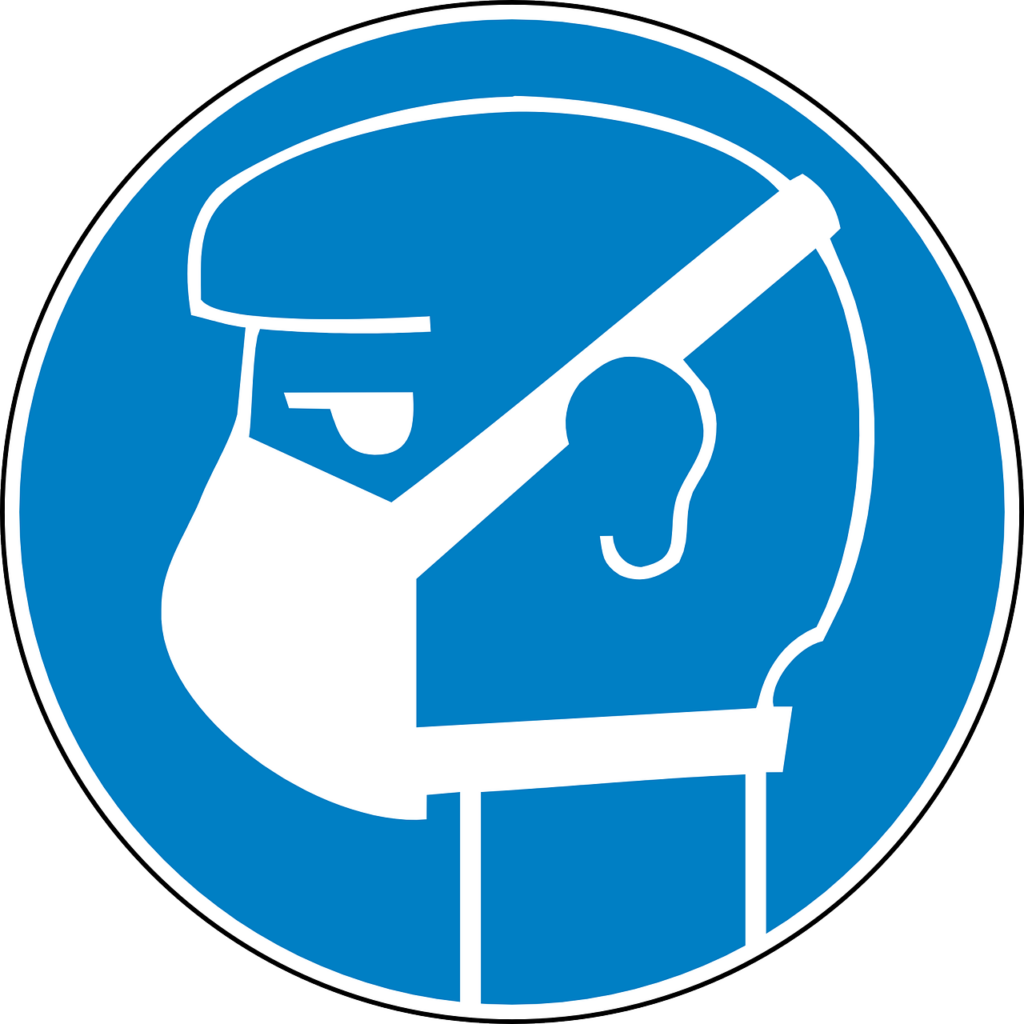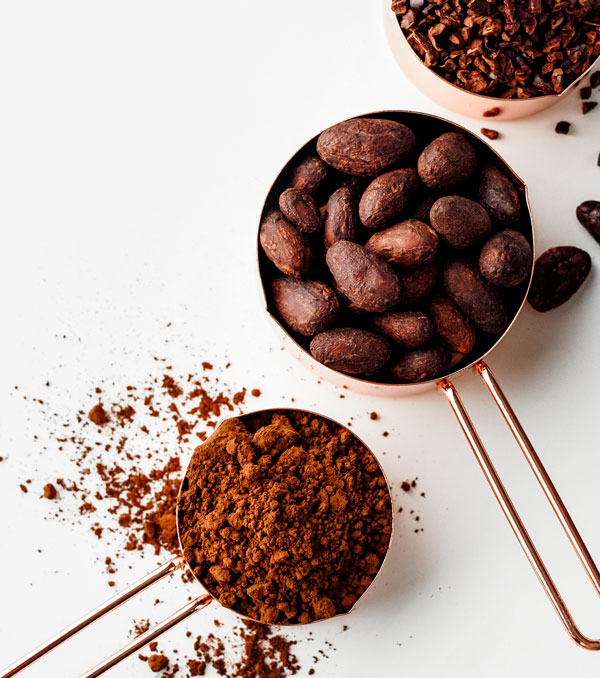For individuals with respiratory conditions such as COPD and emphysema, maintaining clean and clear lungs is crucial for overall health and well-being. While dust accumulation can exacerbate breathing difficulties, there are several home remedies that may help alleviate symptoms and support lung function.
It’s important to note that these remedies should be used in conjunction with, not as a replacement for, prescribed medical treatments. Always consult your healthcare provider before incorporating new remedies into your routine, especially if you have a chronic lung condition.
Steam Inhalation
Steam inhalation is a time-tested method for clearing airways and loosening mucus. The warm, moist air can help break down thick secretions, making them easier to expel. To practice steam inhalation:
- Boil water in a pot or use a steam inhaler.
- Carefully lean over the steam, draping a towel over your head to trap the vapor.
- Breathe deeply for 5-10 minutes.
- For enhanced effects, add a few drops of eucalyptus, peppermint, or tea tree essential oil to the water. These oils have natural decongestant properties.
Controlled Coughing Techniques
Controlled coughing can help expel mucus and dust particles from your lungs more effectively than random coughing. Here’s how to practice it:
- Sit comfortably in a chair with your feet flat on the floor.
- Fold your arms across your abdomen.
- Inhale slowly through your nose.
- Lean forward, pressing your arms against your abdomen.
- Cough 2-3 times with your mouth slightly open.
- Inhale again by sniffing slowly through your nose.
- Rest and repeat as necessary.
Hydration
Staying well-hydrated is crucial for lung health. Adequate fluid intake helps keep mucus thin and easier to expel. Aim for at least 8 glasses of water per day, unless your doctor advises otherwise. Herbal teas and clear broths can also contribute to your fluid intake while providing additional health benefits.
Anti-Inflammatory Beverages
Certain drinks may help reduce lung inflammation and irritation:
Ginger and Turmeric Tea:
- Boil 1 cup of water with 1 teaspoon each of grated ginger and turmeric.
- Simmer for 5-10 minutes, strain, and add honey to taste.
- Drink 1-2 cups daily.
Green Tea: Rich in antioxidants, green tea may help protect lung tissue from damage. Aim for 1-3 cups per day.
Salt Water Gargle
Gargling with warm salt water can help clear the throat and upper airways of mucus and irritants:
- Dissolve 1/2 teaspoon of salt in a glass of warm water.
- Gargle for 15-30 seconds, then spit out.
- Repeat 2-3 times daily.
Gentle Exercise
Regular, gentle exercise can improve lung function and help clear dust from your airways. However, it’s crucial to tailor your exercise routine to your condition and current health status. Some beneficial activities include:
- Walking
- Swimming
- Tai Chi
- Yoga (focusing on breathing exercises)
Always start slow and gradually increase intensity under your doctor’s guidance.
Air Purification
Reducing dust in your home environment is essential for lung health:
- Use HEPA air purifiers in your main living areas and bedroom.
- Vacuum regularly with a HEPA-filtered vacuum cleaner.
- Use dust-mite-proof covers on pillows and mattresses.
- Keep windows closed on high-pollution days.
Natural Expectorants
Certain natural substances may help loosen mucus and make it easier to expel:
Honey:
- Take 1-2 teaspoons of raw honey daily.
- Mix honey with warm water or herbal tea for a soothing drink.
Pineapple: Contains bromelain, an enzyme that may help break down mucus. Enjoy fresh pineapple or 100% pineapple juice.
Nasal Irrigation
Using a neti pot or saline nasal spray can help clear nasal passages and reduce dust inhalation:
- Use sterile or distilled water in your neti pot.
- Tilt your head and pour the saline solution into one nostril, allowing it to drain out the other.
- Repeat on the other side.
- Do this once or twice daily, especially before bed.
Breathing Exercises
Specific breathing exercises can help strengthen your lungs and improve their efficiency:
Pursed Lip Breathing:
- Inhale slowly through your nose for 2 counts.
- Purse your lips as if you’re about to whistle.
- Exhale slowly and gently through pursed lips for 4 counts.
Diaphragmatic Breathing:
- Lie on your back with knees bent.
- Place one hand on your chest and the other on your belly.
- Breathe in deeply through your nose, feeling your belly rise.
- Exhale slowly through pursed lips, feeling your belly fall.
Remember, while these home remedies can be beneficial, they are not substitutes for medical treatment. If you experience severe symptoms, increased difficulty breathing, or any concerning changes in your condition, seek immediate medical attention.
Regular check-ups with your healthcare provider are essential for managing chronic lung conditions and ensuring that your treatment plan remains effective.
By incorporating these remedies into your daily routine and maintaining open communication with your healthcare team, you can take proactive steps towards clearer, healthier lungs and improved respiratory function.

